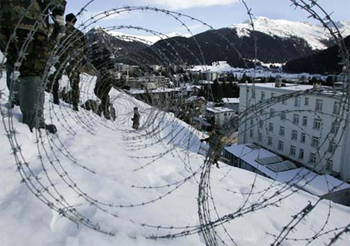First published at Soialist Review
Feature by Noam Chomsky, December 2008
As he reaches his 80th birthday this month, Noam Chomsky looks at Barack Obama’s victory, today’s economic crisis and his memories of a childhood shaped by the 1930s Depression.
I’m old enough to remember the Depression. Some of my earliest childhood memories are of people coming to the door trying to sell rags. Most of the extended family was unemployed, all my aunts were seamstresses, and there were shop boys, things like that. My most striking memories are of things like riding a trolley car with my mother past a textile factory where security forces were beating women strikers, and I remember going with my father to what looked like an extremely imposing building where he was trying to get some money and couldn’t – his bank had closed.
And of course in the background, in the mid-1930s, there was the rise of fascism in Europe which was quite frightening even locally. We happened to be the only Jewish family in an Irish and German Catholic neighbourhood which was virulently anti-Semitic, Nazi in fact, so all of these things converged. There was a very striking difference from today, judging from memories and what I’ve read. There was a feeling of hopefulness, which was quite different from now.
Now there’s a feeling of gloom and disaster and that there’s nothing we can do. You can even see it in polls – you don’t have to go by feelings. Right now in the US about 80 percent of the population think the country is going in the wrong direction and that the government is run by a few big interests looking out for themselves, not the people.
There is a lot of talk for example about how Barack Obama energised a lot of young people, a great organising achievement and so on, but that’s misleading. In fact the media, who approve of it, have it more or less right. What they point out is that he’s organised an army which takes instructions. Continue reading

